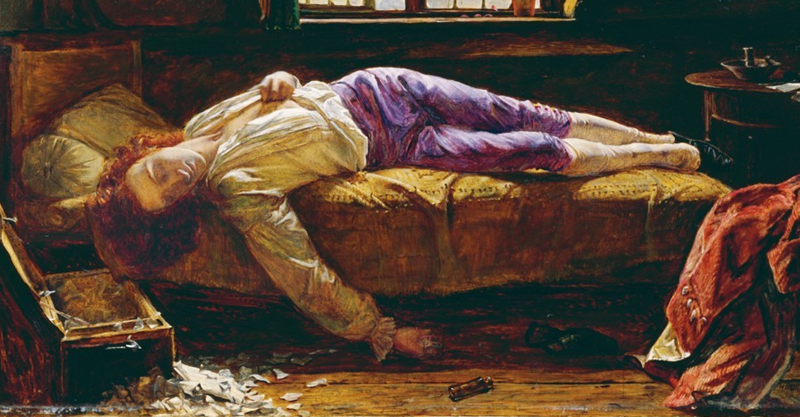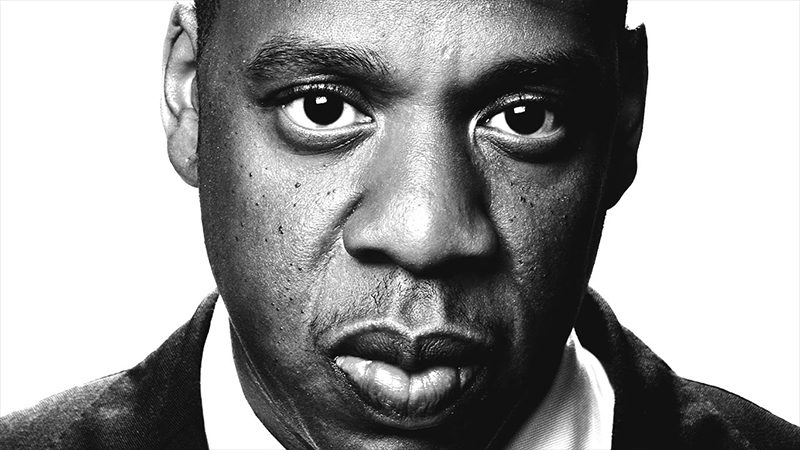You take a test and do well. You make As and do academic extra-curriculars. You are separated into separate classes. The awards pile up. You take a another test. You do well. You are accepted into a school near the top of the US News & World Report rankings. You make good grades, you win awards, and then grad school or a competitive internship. This is your life, it’s who you are.
Along your way, your social life narrows, eventually you socialize with those who passed through the same sieve. Your peers are predominantly, but not exclusively, wealthier, from areas with high concentrations of educated people, and often the children of parents who were similarly successful. Having passed through this gauntlet of measurement and grading, you and your peers enter the upper ranks of the professions. Within your field, virtually everyone you know is similarly qualified.
This sounds lovely, but there are downsides. You begin to equate the various metrics at which you and your peers excel with virtue in general. You distrust what anyone not similarly credentialed has to say. You learn to speak and act and have opinions in ways proscribed by this social set. You accumulate a set of mannerisms and habits that people from outside of this world see as arrogance and talking down.
Virtually everyone who works in government at the higher levels, and especially everyone near the top of the Democratic party was socialized this way. The effect of this on liberal politics has not been positive.
Policy shifts away from the interests of the broad public to the concerns of the “best and brightest.” Education is presented as a solution to every problem. Breaking down barriers to the top of the ladder of success becomes the primary civil rights issue. Women and minorities who are not striving for elite positions do not merit so much consideration. Economic disenfranchisement becomes an issue of who did well at school and who didn’t, not structural forces acting on society. What should be a progressive politics becomes just another version of the bootstraps myth, with grades and scholarships standing in for sweat and prudent personal budgeting.
Within the party, the leaders and officials become enchanted by expertise. They throw aside easy to understand solutions for thousand page policies. Silicon valley data wizardry is more trusted than shoe-leather campaigning and plain-voiced appeal to the masses of average people. To convince the public, they point to expert opinion rather than make emotional appeals to the lived experience of everyday life. The message behind the message is “listen up, we’re smarter than you.”
The candidate should win by qualifications alone. Political office is compared to brain surgery. Look at this study that shows that members of the other party are less educated. Watch this video of a supporter saying something laughable. The other candidate is pathologized; he is mentally ill, or on drugs, or has a sub-normal IQ. Rather than argue right vs. wrong, the battle is the smart vs. the stupid.
This puts off and alienates a majority of people. Most people didn’t make good grades or even like school. Most people don’t work in jobs with a clear ladder to climb based on educational and professional qualifications. Most people kind of like to see the experts shown up (think of clickbait that begins “Doctors hate this.”) In every movie, the slobs beat the snobs. Most people resent being talked down to, and are more keenly aware of it than the person doing the talking down.
Hillary’s primary pitch to the public, aside from negative messaging about Trump, was that we should see ourselves in her striving. That her triumph would be all of our triumph. We were to be With Her.
However, there simply aren’t enough success-driven educated professionals with lives similar to Hillary’s. Careerist ambition is not always an appealing personality trait to those who do not share it. Even white women, who would be expected to most see themselves in Clinton, did not vote for her in a majority.
Sexism, is of course, to blame for a lot of this. Ambitious women are not trusted or liked, and while this is unfortunate, it is a well-known social phenomenon. The campaign’s attitude seemed to be “well, they’ll get used to it.” The sexism of the public was not something to be countered with a different narrative, to be persuaded away, but rather something to be triumphed over. Those deplorable idiots would be proven wrong rather than won over.
The office in Brooklyn was filled with the best and brightest. The little offices in Michigan and Wisconsin were not. People in the field reported that they were giving out too few yard signs, that door-to-door canvassing revealed life-long Democrats saying they would vote for Trump, and that rallies were under-attended. It didn’t feel like a winning campaign in crucial states. But the valedictorians listened to their data experts, their fellow A students, and did not divert from their algorithmically determined strategy.
In the end, the snobs lost to the slobs, but true to the character of the well-educated, they simply will not hear criticism that does not come from the similarly credentialed. The loss is the fault of every stupid person. The voters were racist and sexist, those stupid hippy millennials didn’t turn up, morons believed fake news. The front of the class don’t need to change a thing, they’ve made good grades their whole lives, they’re never wrong, and they’re going to just keep on being right and losing fights.









